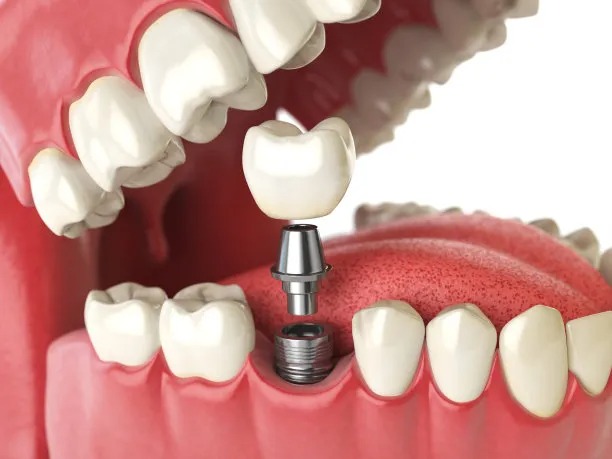Essential Guidelines and Precautions to Ensure a Successful Dental Implantation Process and Recovery
Summary: Dental implantation is a surgical procedure that requires careful planning, execution, and post-operative care for optimal results. This article provides essential guidelines and precautions to ensure a successful dental implantation process and recovery. It emphasizes the importance of proper pre-operative assessments, meticulous surgical techniques, effective post-operative care, and addressing potential complications. Each section offers detailed advice to patients and practitioners, ensuring a thorough understanding of what is necessary for a successful dental implant experience.
1. Importance of Pre-operative Assessments

Before embarking on the dental implantation journey, a thorough pre-operative assessment is crucial. This includes evaluations of medical history, dental health, and radiographic imaging to analyze bone density and structure. A detailed assessment helps identify any potential risks or contraindications, enabling the dental team to make informed decisions.
Additionally, discussing medications and ongoing treatments with the dental professional is vital. Certain medications may affect the healing process or the success of the implant. By being open about these details, patients can ensure their treatment is tailored to their specific needs.
Lastly, a solid understanding of the patient’s expectations and treatment goals is essential in the pre-operative phase. Clear communication between the patient and the dental team can significantly influence the satisfaction and perceived success of the dental implant procedure.
2. Meticulous Surgical Techniques
The surgical technique used during the dental implantation process plays a significant role in the overall success rate. Dentists must employ precise methods to ensure the implants are placed correctly within the jawbone. This includes using appropriate drilling techniques and ensuring the correct angle and depth to allow for optimal integration.
An essential factor in the surgical procedure is maintaining a sterile environment to minimize the risk of infection. The use of sterile instruments, gloves, and masks protects both the patient and the surgical team. Healthcare providers must also pay attention to their own health by being free of infections, which could compromise the procedure.
Moreover, the choice of implant material is crucial. High-quality materials like titanium are favored due to their biocompatibility and strength. Proper material selection, coupled with meticulous surgical techniques, creates a foundation for a successful dental implant outcome.
3. Effective Post-operative Care
Following the dental implantation surgery, effective post-operative care is vital for healing and implant success. Patients should adhere to their dentists recommendations concerning medications, including antibiotics and pain management drugs, to alleviate discomfort and prevent infections.
In addition to medications, maintaining proper oral hygiene is crucial. Patients must continue their regular brushing and flossing routines while also following any specific instructions given by their dentist. This prevents plaque buildup and reduces the risk of peri-implant disease.
Lastly, follow-up appointments are essential for monitoring the healing process. Regular check-ups allow the dental professional to assess the implants integration with the bone and address any concerns before they escalate. This ongoing care ensures a smoother recovery and long-term success of the implant.
4. Addressing Potential Complications
Despite meticulous planning and execution, complications can arise during dental implantation. Early identification of such issues is crucial. Common complications include infection, implant failure, and issues related to bone grafting. Understanding these risks helps both patient and practitioner be vigilant.
In case of infection or other complications, prompt treatment is paramount. Patients should be informed of the signs and symptoms to watch for, which include persistent pain, swelling, and unusual discharge. Reacting quickly can prevent further complications and promote a smoother recovery.
Moreover, lifestyle factors such as smoking and poor nutrition can affect healing and implant success. Patients should be educated on the importance of healthy habits during the recovery process. Making lifestyle adjustments may significantly reduce the likelihood of complications and enhance the success of the implantation.
Summary:
In summary, a successful dental implantation process relies heavily on careful preparation, skilled execution, diligent post-operative care, and proactive management of potential complications. Patients who understand their role within this process can significantly enhance their chances of achieving optimal results.
Being informed and prepared will empower patients to work closely with their dental professionals and foster a positive experience throughout their dental implant journey.
This article is compiled by Vickong Dental and the content is for reference only.



